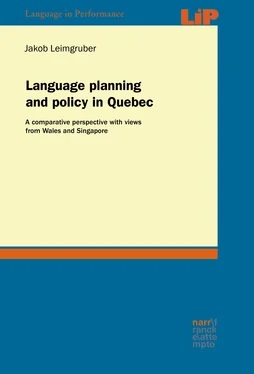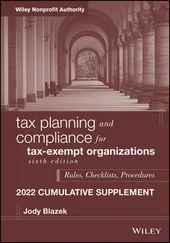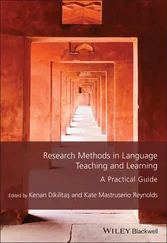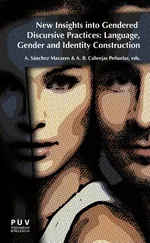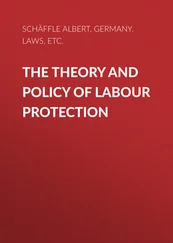The effects of the law were profound, at least as far as income disparity is concerned: while in 1970 unilingual males Francophones earned on average 19.6 % less than their unilingual anglophone counterparts, this gap had been reduced to 7.4 % in 1990. The difference was even visible within bilingual groups: in 1990, bilingual male Francophones earned 1.8 % less than unilingual male Anglophones, whereas bilingual Anglophones earned 2.3 % more than their unilingual counterparts (Shapiro and Stelcner, 1997, 119). These trends have continued, and in 2011 ‘anglophone Quebecers have a higher average income than the province’s francophones [but] their median income is 10 % lower’ (Jedwab, 2013), with bilingualism on the increase.
Bilingualism, therefore, is becoming more and more of a defining feature of anglophone Quebecers. Census data from Anglophones, i.e. respondents with English as their mother tongue, show that in Quebec, the percentage of bilinguals has risen from 58.4 (1991) to 66.1 (2001) and currently stands at 67.8 (2011, see Table 2.2). Generally, there is now a view among Anglophones that knowledge of French is a desirable skill for upward social mobility. This is also reflected in parents’ choices of schools: even Anglophones that are allowed to enter the English-medium system increasingly opt for French immersion schools1 or even the French system outright (Forster, 2016). The daily exposure to French in all-French schools, especially, results in highly bilingual graduates (Bagnall, 2012) who will be particularly well-equipped both for a provincial market where French is important and for the national, continental, and global market where English is indispensable. After primary and secondary school, the choice of language at cégep is free, and many opt for the ‘other’ language, with English cégeps being in high demand (Cloutier, 2016).
It was, however, the Allophones that felt the impact of Bill 101 most strongly: immigrants, speakers of languages other than French or English, who had not been educated in English in Canada, were now required to attend French-medium education (or opt for private schools, which accounted for 11.9 % of the student population in 2008). This had an effect on the languages used by Allophones: as a home language, for instance, French (alone or in combination with other third languages) was used by 20.4 % in 2001 and by 24.1 % in 2011. English as a home language of Allophones declined from 22.1 % in 2001 to 19.7 % in 2011 (Statistics Canada, 2012, 16–17). In short, therefore, the aim of the Charter, to francise immigrants through the education system, is being achieved.
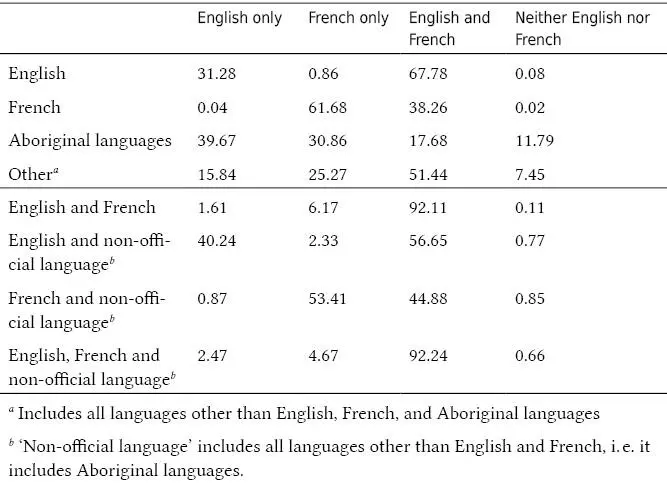
Table 2.2: Knowledge of official languages, by mother tongue, for the province of Quebec (2011 census, in percent).
Table 2.2 also shows that Allophones do not completely discard English in favour of French. Respondents whose mother tongue is a language other than French, English, or an aboriginal language (the row labelled ‘Other’) exhibit a pattern in which knowledge of English as the sole official language is disfavoured over knowledge of French without English. However, it is knowledge of both French and English that is the most popular choice, i.e. trilingualism in the mother tongue plus ‘official bilingualism’, a winning combination that enables local rootedness and socio-economic success in Quebec as well as national and global mobility into anglophone (and francophone, of course) territory beyond the province and the country. This has been noted previously by Pagé and Lamarre (2010, 2, my emphasis): immigrants ‘feel it is important to know both French and English because they realise, as do most of the other people with whom they are in contact, that life in a modern Quebec society that is open onto the world requires knowledge of both languages’. Furthermore, this is especially relevant for Allophones whose migratory history might result in further relocation out of the linguistic environment of the province, and for non-permanent, transitory, and circular migration that does not have permanent settlement in Quebec as its prime objective. In fact, recent government figures indicate that Allophones who speak English but no French have lower unemployment rates (16 %) than Allophones who speak French but no English (23 %), with bilingualism being commonly required by employers in the Montreal region (Dutrisac, 2016). Clearly, while enabling access to both (provincial) locality and (federal, continental, international) globality, as well as connectedness to cultural and linguistic heritage, this trilingualism is not strictly an expression of willingness to become a part of the Quebec nation . Membership of this nation, taking the definition offered by the 2006 parliamentary motion that ‘the Québécois form a nation within a united Canada’, is not, as such, defined on linguistic (and therefore potentially ethnic) grounds.2 Nonetheless, French as the langue commune of the province is understood as the baseline along which Québécois citizenship is defined. As a result, while French–English bilingualism is tolerable given the federal relationship Quebec has with Canada (and expected as far as Anglophone Quebecers are concerned), tri lingualism, when not transitory generationally, may be seen as running against the baseline linguistic definition of what it means to be Québécois . The fact that many ‘New Francophone’ immigrants fit into this trilingual profile points to a structural paradox of the modern ‘francophone province’ of Quebec: its future rests on multilingual immigration that may well acquire French, but only for its instrumental function, and not to the detriment of other languages.
The Charter has also had an effect on the linguistic landscape. While English was ‘omnipresent’ in commercial signage, especially in Montreal, well into the 1960s–70s (Bourhis and Landry, 2002), this began to change rather rapidly after 1974 and the passing of the Official Language Act, with more and more companies opting for French-only and, later, French-dominant signage. The 1977 Charter further encouraged this trend, resulting in an increasingly French linguistic landscape. The combination of these effects (Allophone shift towards French as a target language, linguistic landscape legislation that enforced French) has resulted in the so-called visage français ‘French face’ (Levine, 1989), a phrase often used by policy-makers to describe the desired outcome of language legislation.
Finally, it should be noted that language policy in Quebec operates also beyond the provisions of the Charter. As pointed out in Oakes and Warren (2007, 63–80), the province plays an active role on the international stage, both at the continental and global scale, in those international relations that are not the exclusive prerogative of the federal government. Among other things, Quebec is actively involved in the Organisation internationale de la Francophonie (OIF), has its own Ministère des relations internationales, and maintains a network of representations with quasi-embassy status in countries around the globe.3 It has also become an active player in the Organisation of American States (where, of course, Spanish is an important language to reckon with). In these international relations, the use of the French language is seen as crucial to the defence of the language (Presse Canadienne, 2017). Certainly, particularly Quebec’s involvement in the OIF can be seen as a ‘strategic exploitation of “hegemonic” or major Frenchness to push minoritarian Francophone causes in its home region’ (Oakes and Warren, 2007, 80).
Читать дальше
